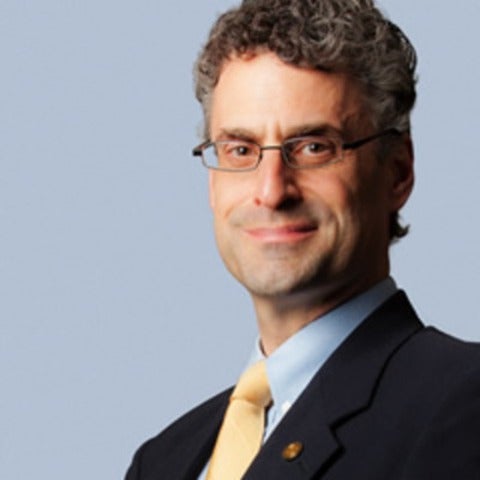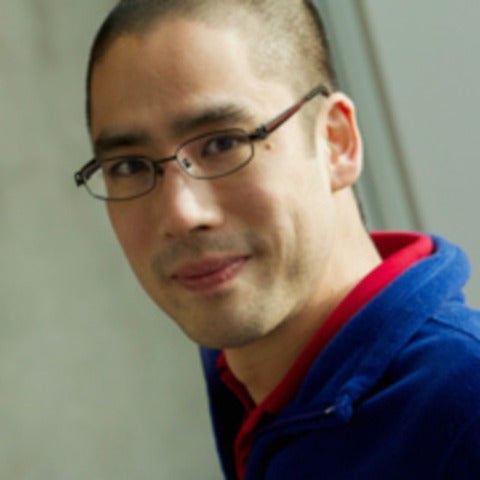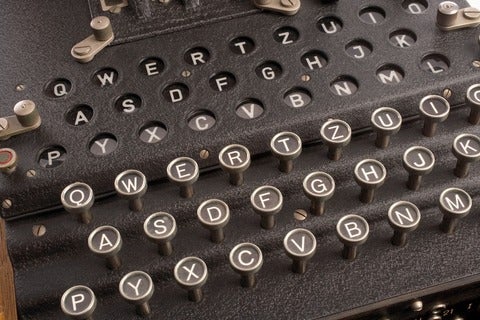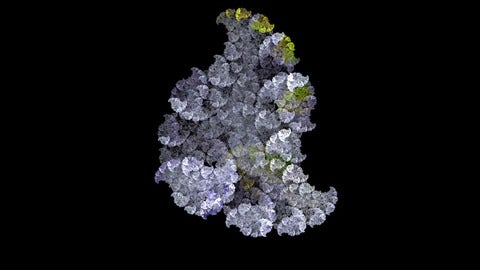Bridges lecture: The Platonic solids as Tiffany lamps, art objects and stepping-stones to higher dimensions

The Bridges lecture series are public lectures connecting Arts, Science and Mathematics.
The Platonic solids as Tiffany lamps, art objects and stepping-stones to higher dimensions.
With Hans Schepker and Carlo Sequin









